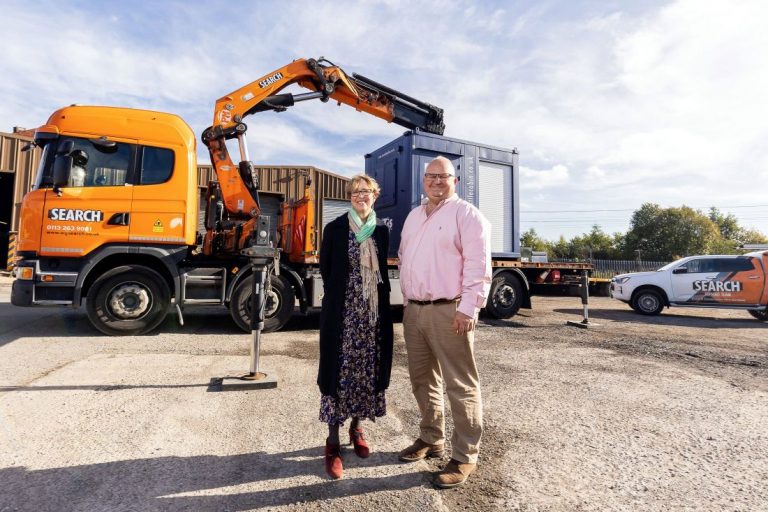Leeds retail park to be sold for £18m
New electronics group calls for removal of VAT on electrical repairs
Search is over for new owners of family business
South Yorkshire firm signs landmark deal with Northern Powerhouse Investment Fund
Corporate campers rough it to raise charity funds
Drax to invest in ‘FastRig’ sail project to cut shipping sector carbon
Law firm’s fees top £30m after 14% increase
Lincolnshire and East Yorkshire law firm Wilkin Chapman has increased fee income by 14% across its offices in Grimsby, Lincoln, Beverley, and Louth in in the last financial year.
Fee revenue of £31.17m bat the previous year’s total of £27.4m in the last financial year, with all four of the firm’s offices achieving increased revenue. revenue rise – with particular growth in Beverley and Grimsby. Net profit was much the same at 24%.
Senior Partner Chris Grocock said: “We are very pleased at the continuing confidence in us as a firm from established and new clients and it is testament to the quality of our support that we have achieved such growth. This follows strong growth in the previous financial year which had seen an increase of more than 10% in fee revenue.
“Importantly this growth has enabled us to invest in our people and infrastructure to further help develop the business in the medium term.”












